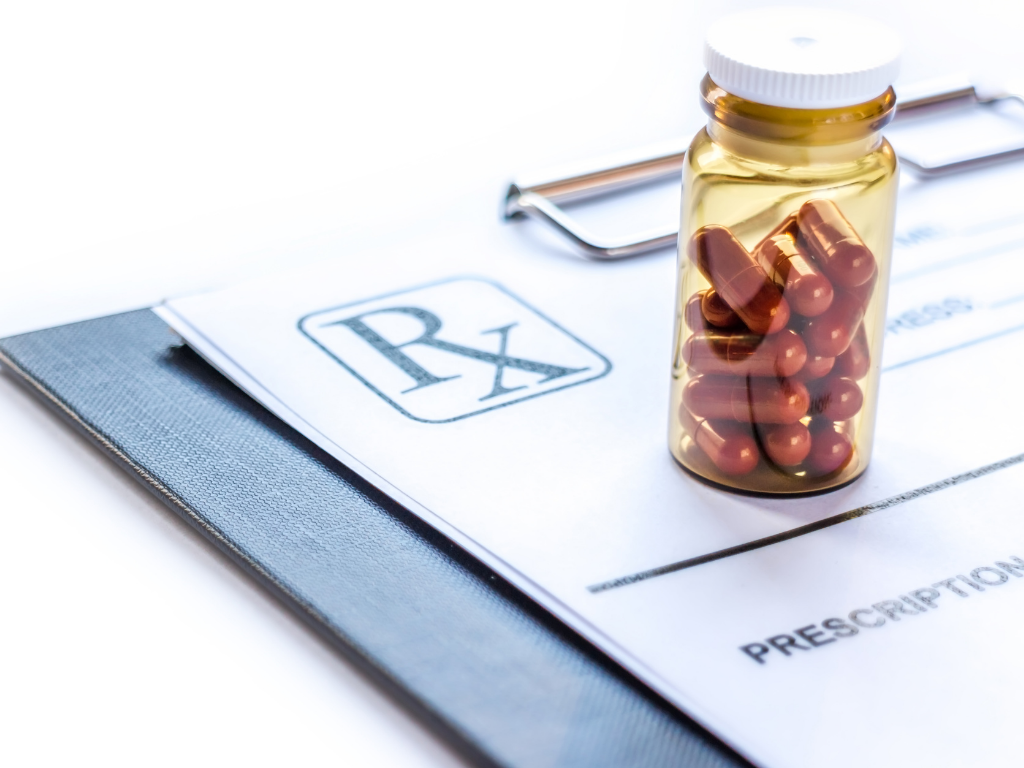For the most part, taking over-the-counter and prescription medications will not prevent you from giving blood at the South Texas Blood & Tissue Center.
Below are some examples and answers to common questions.
Pain relievers and common prescriptions: Yes
As far as OTC pain relievers like Aleve, Advil or Tylenol go, you can give blood without any problems after taking them. Same goes with prescriptions for conditions like type 2 diabetes and asthma.
You can give whole blood if you take aspirin, but not platelets because aspirin affects the way they function. You won’t be able to give platelets right away if you’re taking drugs like Feldene or Plavix to prevent a stroke or heart attack.
Click here to see a full list of medications that may affect your ability to give a whole blood donation.
Antibiotics: Yes and no
There’s one large group of prescription drugs that can prevent you from donating: antibiotics. We don’t want to take a donation from you if you have circulating bacteria in your system.
However, you can give blood seven days after finishing your last dose of an antibiotic for an infection, and if you are taking antibiotics for preventive reasons – like acne – you still can donate.
No ‘blood thinners’
If you have been prescribed “blood thinners” to prevent blood clots and strokes, you may not be able to donate because of the risk of excess bruising or bleeding.
Click here to see a full list of medications that may affect your ability to give a platelet donation.
Other medications: It depends
Prescription acne medications like Accutane and hair-loss prescriptions like Propecia have been shown to cause birth defects, so your last dose will need to be a month before your blood donation.
Some cancer treatments, including drugs for multiple myeloma and basal cell skin cancer, and immunosuppressants like Cellicept also can cause birth defects if your blood is transfused to a pregnant woman.
Fortunately, if you have finished taking most of the prescriptions on our Medical Deferral List, you will be able to donate after a waiting period, ranging from a few days to three years.
Some are ‘always no’
There are a few drugs that permanently prevent you from giving blood. If you ever took the drug Tegison (prescribed for psoriasis), human growth hormone made from human pituitary glands, or insulin from cows manufactured in the United Kingdom, we can’t take your donation.
Feel free to contact our Donor Eligibility line, 210-731-5555, extension 2243, or send an email to DonorEligibility@SouthTexasBlood.org if you have any questions.
